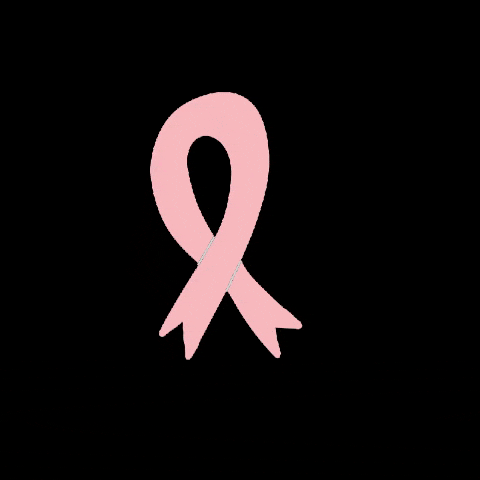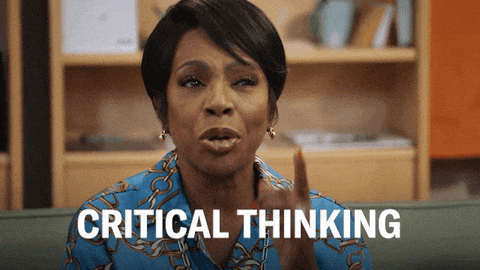Lowering the Age for Mammogram Screening, Restoring Vision, Social Media and Mental Health, Flaws in the Cheese Study.
Lowering the age for mammogram screening🎀

Gist: Following the U.S. Preventive Services Task Force's draft recommendation to lower the regular screening mammogram age to 40, Canadian doctors and breast cancer survivors are urging Canada to adopt similar guidelines.
Nitty-Gritty: Currently, regular screening in Canada is recommended for women aged 50 to 74. Some provinces, like Alberta, have lowered this to 45, but several still maintain the 50-year threshold. Advocates argue that earlier screening, particularly for Black, Hispanic, and Asian women who have a higher peak incidence of breast cancer, could improve early detection and treatment outcomes. However, some health professionals cite concerns over potential over-diagnosis and false positives with earlier screening. Depending on the context, over-diagnosis could lead to greater anxiety and unnecessary invasive testing.
Big Picture: Despite these reservations, many believe the benefits of early detection outweigh the risks, and there are indications that Canada's guidelines may be reviewed and updated. This debate underscores the ongoing challenge of balancing prevention, risk, and patient well-being in public health guidelines. The last update to the Canadian Task Force on Preventive Health Care was in 2018. That being said, we believe patient awareness and insight can aid in promoting a collaborative discussion with your family health care provider. After all, it's your life and your well-being.
Original source: here.
Restoring vision 🤓

Gist: Researchers at the Université de Montréal have discovered a method that could potentially restore vision in patients with degenerative retinal disease. The team found that dormant cells in the retina, known as glial cells or Müller cells, can be induced to transform into cells similar to cone photoreceptors, which are responsible for colour perception, reading, and driving.
Nitty-Gritty: The loss of such cells due to inherited retinal degeneration often leads to progressive vision loss and even total blindness. While gene therapy can slow photoreceptor cell loss, it cannot restore lost cells, making it ineffective for advanced-stage patients. This new method, however, could stimulate the regeneration of retinal cells without the need for transplantation, which currently faces significant challenges. The researchers have identified two genes that, when expressed in Müller cells, can convert them into retinal neurons.
Big Picture: The next steps involve enhancing this technique's effectiveness and encouraging the full maturation of cells into cone photoreceptors. This is an encouraging breakthrough. Stay tuned!
Original source: here.
The effects of social media on mental well-being 🤳🏼

Gist: A study from the Australian Institute for Suicide Research and Prevention (AISRAP) has found that frequent users of YouTube, particularly those under 29 and those who regularly watch content about others' lives, have higher levels of loneliness, anxiety, and depression– Cue videos with the title "Day in the Life" 🤦🏼♀️.
Nitty-Gritty: Researchers suggest this could be due to parasocial relationships, online 'relationships' between content creators and followers that can substitute for real-life social interactions. While these relationships can provide support, particularly for those with social anxiety, they may also exacerbate issues if users neglect face-to-face interactions. The researchers recommend limiting YouTube use and seeking more diverse social interactions to promote positive mental health.
Big Picture: Given the last few years, we could likely benefit from more in-person social interactions based on our individual preferences. It's also easy to get stuff in a scrolling vortex on our phones– Some suggest using a timer when going through your social media feed to "snap" yourself out of an endless loop!😵💫
Original source: here.
Flaws in the Cheese Study:
Why it's beneficial to be skeptical!

Gist: This week, Peter Attia, MD, posted an analysis of a study that points out some important points about how we should always remain critical of anything labelled "study", or variation thereof, as not all evidence is valid (even when the citing authors call it so). In this instance, a study by Klinedinst et al. suggested that eating cheese and drinking red wine could potentially reduce the risk of Alzheimer's disease. At the outset, this already sounds too good to be true, especially after the new alcohol guidelines were published earlier this year.
Nitty-Gritty: This study apparently analyzed the effects of 49 different whole foods on fluid intelligence (FI) – the ability to solve problems independently of prior learning – in 1,787 participants aged between 46-77, over a 10-year period. Despite the surprising headline, the study drew criticism due to perceived flaws in its design and interpretation (no kidding!). Critics pointed out that the study's self-reported data gathering technique (food frequency questionnaires) is notoriously unreliable. It also failed to account for other factors that might influence both diet patterns and FI decline or Alzheimer's risk, such as psychiatric conditions or social isolation. The study's interpretation of results was also seen as problematic, as it drew broad conclusions from significant yet inconsistent results across different sub-populations (i.e., they excluded data that didn't make their findings valid and true). Ultimately, critics warned against taking the study's conclusions at face value.
Big Picture: We should all have a level of skepticism and apply critical thinking when we review evidence and determine how it applies to us as individuals. We encourage you to read the critique article– it's also quite comical-- and it does make some very important points that can be applied when evaluating any study for its applicability.
Original source: here.
Interested in previous newsletters or other articles we’ve published? Check them out here at: thefullpanel.com
Got a question for us? Suggestions for content you’d like to see? Feedback? E-mail us at: hello@mail.thefullpanel.com
